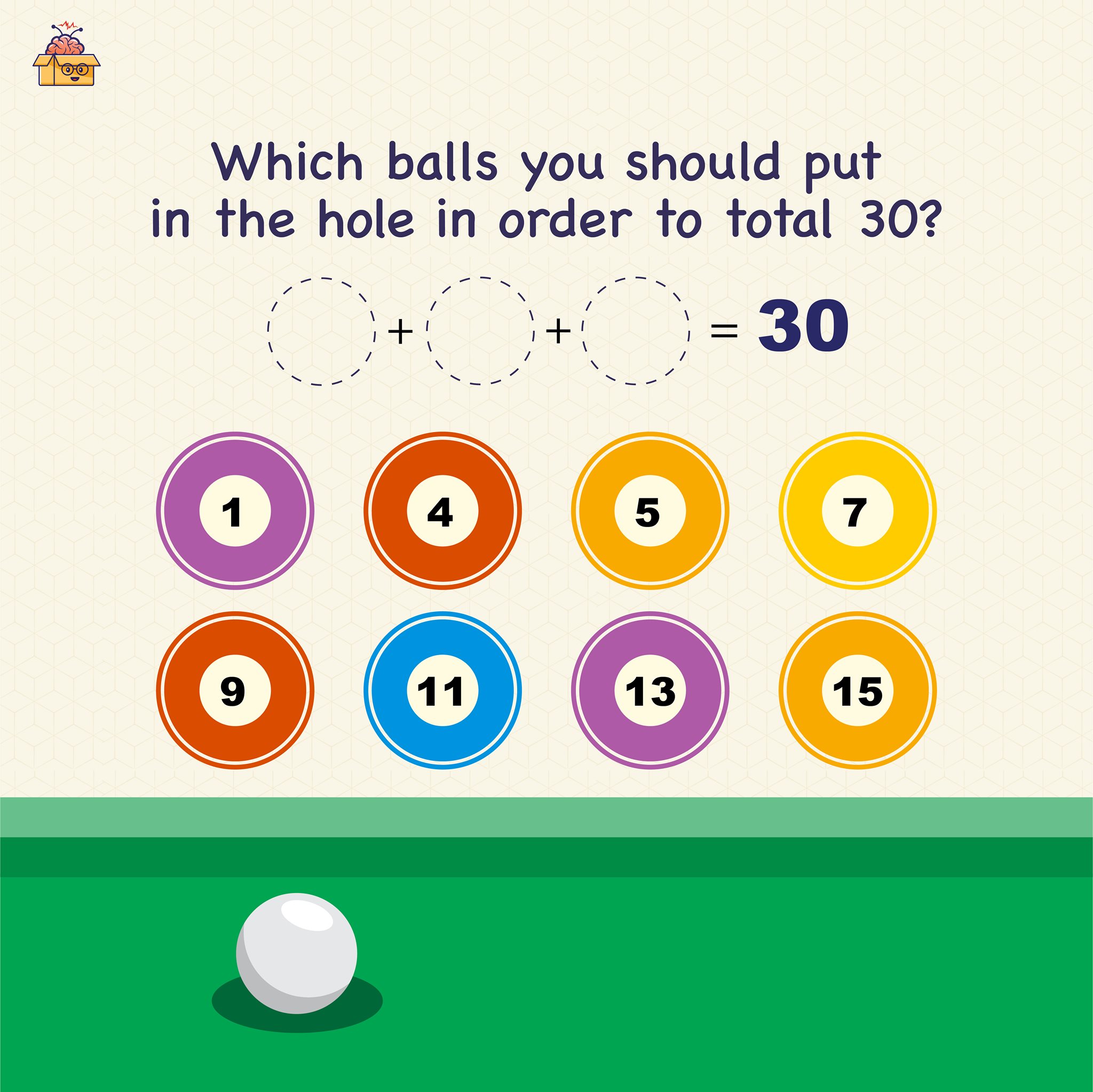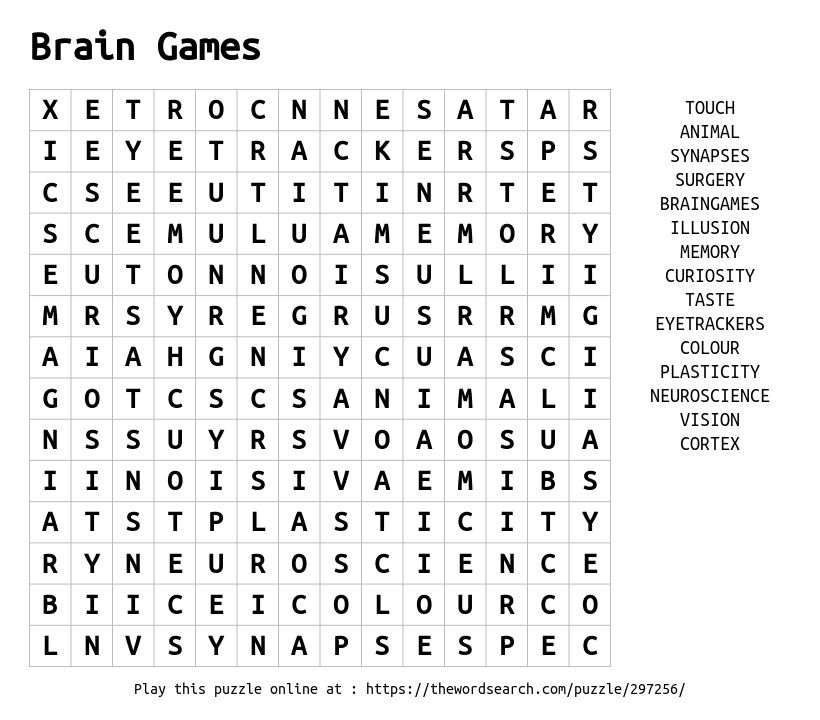Introduction
The idea of boosting intelligence through simple digital games is undeniably appealing. With platforms like Lumosity, Peak, and Elevate claiming to improve mental performance, many users hope that playing these games will translate to sharper minds in everyday life.
Read More- Brain Rot and How to Overcome It
What Are Brain Training Games?
Brain games are interactive digital activities designed to improve specific cognitive skills. These games typically target areas such as:
- Working memory
- Processing speed
- Attention span
- Problem-solving skills
They are often marketed as tools for mental enhancement, promising benefits for students, professionals, and even older adults seeking to maintain mental sharpness.
Evidence for Effectiveness
Some of the evidence for its effectiveness includes-
1. Task-Specific Improvements
Research indicates that brain training can lead to improvements in the specific tasks being practiced. For example, Karbach and Verhaeghen (2014) found that individuals can enhance their working memory and executive functions through repeated task practice. However, this improvement often remains confined to the task itself.
2. The Transfer Problem
A major criticism of brain training is the lack of far transfer—improvement in unrelated tasks or overall intelligence. According to a large-scale review by Simons et al. (2016), there is little evidence that brain training leads to broad cognitive benefits outside of the specific games being played.
Just as doing finger exercises may make fingers stronger without affecting total body strength, brain games may enhance game-specific performance without improving general intelligence.

Potential Benefits Beyond Intelligence
Although the cognitive effects may be limited, brain training games offer other advantages:
- Mood Enhancement: Some studies suggest these games can improve confidence and motivation (Hardy et al., 2015).
- Mental Engagement: They encourage consistent mental activity, which is beneficial for cognitive health, particularly in older adults (Lampit et al., 2014).
- Targeted Improvements: Certain populations, such as the elderly, may experience gains in attention or processing speed with structured training.
Moreover, Stojanoski et al. (2020) argue that games involving real-world skills, such as strategic thinking or language, may provide more transferable cognitive benefits.

Brief Overview of Fun Brain Training Games
Some fun brain games include-
- Lumosity– A well-known app with short games targeting memory, attention, and problem-solving. Adapts to your skill level and tracks progress.
- Elevate- Focuses on practical skills like reading, writing, and math. Great for boosting everyday cognitive performance.
- Peak- Offers fast-paced games for focus, emotional control, and mental agility. Includes a “Coach” for personalized recommendations.
- CogniFit- Used in both personal and clinical settings. Offers cognitive assessments and structured brain training programs.
- Brainwell- Fun, game-like interface with over 50 cognitive games. Tracks skills like memory and problem-solving.
- Sudoku & Crosswords- Classic puzzles that improve logic (Sudoku) and verbal fluency (crosswords). No screen required!
- Dual N-Back- Challenging game based on scientific research. Trains working memory by asking you to track sequences.
- NeuroNation- Custom training plans developed with neuroscientists. Improves speed, attention, and reasoning skills.

Alternatives That Work
For individuals seeking genuine cognitive improvement, the following activities have shown consistent results in research:
- Learning a new language
- Playing a musical instrument
- Regular aerobic exercise
- Mindfulness and meditation
- Reading complex texts
These activities engage multiple brain systems and have been associated with lasting changes in brain structure and function.
Conclusion
Brain training games can be enjoyable and may offer some short-term benefits in specific skills. However, they are not a guaranteed way to boost overall intelligence or significantly improve performance in unrelated areas. For more meaningful cognitive development, activities that challenge the brain in varied and practical ways remain the most effective.
References
Hardy, J. L., Nelson, R. A., Thomason, M. E., Sternberg, D. A., Katovich, K., Farzin, F., & Scanlon, M. (2015). Enhancing cognitive abilities with comprehensive training: A large, online, randomized, active-controlled trial. PLOS ONE, 10(9), e0134467. https://doi.org/10.1371/journal.pone.0134467
Karbach, J., & Verhaeghen, P. (2014). Making working memory work: A meta-analysis of executive-control and working memory training in older adults. Psychological Science, 25(11), 2027–2037. https://doi.org/10.1177/0956797614548725
Lampit, A., Hallock, H., & Valenzuela, M. (2014). Computerized cognitive training in cognitively healthy older adults: A systematic review and meta-analysis of effect modifiers. PLOS Medicine, 11(11), e1001756. https://doi.org/10.1371/journal.pmed.1001756
Simons, D. J., Boot, W. R., Charness, N., Gathercole, S. E., Chabris, C. F., Hambrick, D. Z., & Stine-Morrow, E. A. L. (2016). Do “brain-training” programs work? Psychological Science in the Public Interest, 17(3), 103–186. https://doi.org/10.1177/1529100616661983
Stojanoski, B., Lyons, K. M., Pearce, A. A., & Owen, A. M. (2020). Targeting cognitive and emotional well-being through mobile apps: A meta-review. Neuropsychology Review, 30, 367–384. https://doi.org/10.1007/s11065-020-09437-3
Subscribe to PsychUniverse
Get the latest updates and insights.
Join 3,037 other subscribers!
Niwlikar, B. A. (2025, April 12). 7 Popular Brain Games That Could (or Couldn’t) Boost Your Brainpower. PsychUniverse. https://psychuniverse.com/brain-games/



